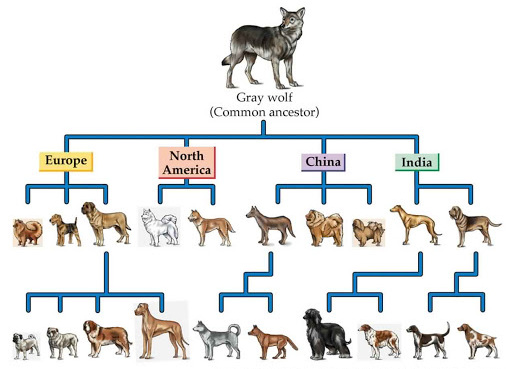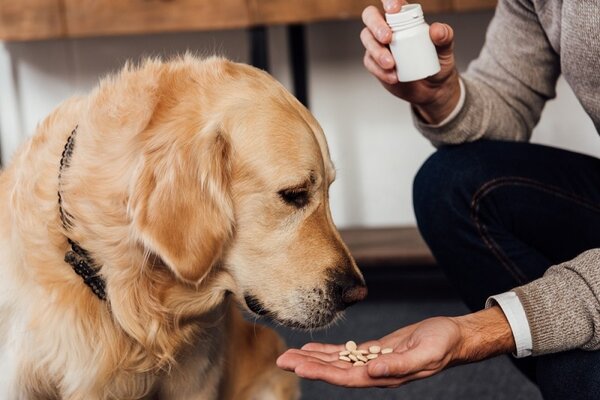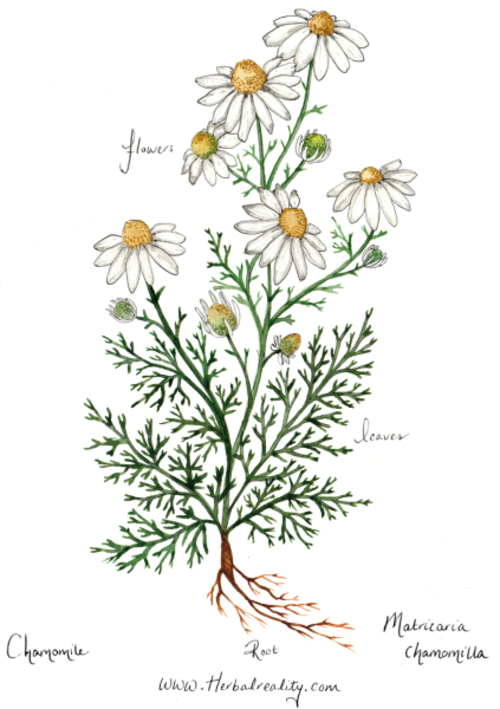
High price tags usually reflect more than “rare bloodlines.” They bundle breeding difficulty, early health screening, lifelong grooming and medical costs. Below is a practical, breed-by-breed guide with price ranges, temperament, upkeep, and red-flags so you can decide with a clear head....

IntroductionDogs are one of the most beloved domesticated animals in human history. They serve as loyal companions, skilled hunters, and even protectors. However, have you ever wondered where dogs originally came from? What kind of animal was their ancestor? The evolution of dogs is a fascinating jo...

Dogs have walked alongside humans for tens of thousands of years, evolving from wild wolves into the affectionate and diverse companions we know today. Their journey from fierce predators to family pets is one of the most remarkable stories in the natural world. In this detailed guide, we explore th...

Melatonin, a natural hormone, is commonly used to regulate sleep in humans, but what about our furry friends? Can you give melatonin to dogs? This article delves into the benefits, risks, and appropriate use of melatonin for dogs, while addressing frequently asked questions to ensure your pet's...

Onions are a staple ingredient in many cuisines worldwide, but their presence in gardens or wild ecosystems raises an interesting question: what animals eat onions? While onions are toxic to many animals, some species may nibble on them out of curiosity or necessity. This article explores which anim...

As dog owners, we always want to keep our pets safe and healthy, which means being mindful of the foods and substances that could harm them. Poppy seeds and marijuana are two items that may seem harmless at first, but they can be dangerous to our furry friends. In this article, we'll explore whe...

Doxycycline is an antibiotic commonly prescribed for dogs to treat various infections, including those caused by bacteria and certain parasites. While it can be very effective, it’s important for dog owners to be aware of potential side effects that may occur.Common Uses of DoxycyclineDoxycycline i...

Poinsettias are popular holiday plants, known for their vibrant red and green foliage. However, many pet owners often wonder: is poinsettia poisonous to animals? In this article, we’ll explore the safety of poinsettias for pets, their potential effects, and what you should know during the holiday s...

A garden is a place of beauty and relaxation, but it can also attract unwanted visitors, from deer and rabbits to aphids and slugs. The challenge is keeping these animals and insects out of your garden without harming them. Luckily, there are plenty of humane, smart, and eco-friendly ways to protect...

When it comes to dog breeds, prey drive is a significant characteristic that determines how instinctively a dog will chase and hunt prey. Understanding prey drive is essential for owners, especially those who engage in activities like hunting, herding, or agility training. In this article, we will e...

Herbal remedies have gained popularity among pet owners as a natural alternative to conventional veterinary medicine. This guide explores various herbs beneficial for dogs, their uses, dosage, safety, and the overall impact they can have on your pet's health.Understanding Herbal Medicine for Dog...

If you're wondering what animal bones are safe for dogs, you're not alone. Pet owners often seek natural treats for their furry companions, and animal bones are one of the most common options. However, it's important to understand which bones are safe and beneficial for dogs and which on...

Dogs are beloved companions, but they can sometimes encounter hazardous substances, leading to poisoning. Understanding how dogs might exhibit self-rescue behaviors and the use of certain herbal remedies can be vital for any pet owner. This article explores how dogs respond to poisoning, examples of...

If you’ve ever taken your dog for a walk only to have them enthusiastically roll in something foul—like a dead animal or other unpleasant scents—you’re not alone. It's one of the more baffling, and let’s face it, disgusting, quirks of dog behavior. But why do our lovable companions seem to...

Dogs, often referred to as "man's best friend," have been our companions for thousands of years. Throughout history, they’ve been selectively bred for various purposes, resulting in a vast array of breeds with unique characteristics. Dogs come in all shapes and sizes, from massive wor...